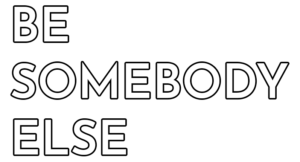
FRUSTRATION / CARE
The word ‘esteem’ comes to us from an old word meaning ‘estimate’. Many problems to do with FRUSTRATION involve something to do with a sense of estimation fostered in childhood that mediates our sense of self-esteem.
Do you come from a family that under- or overestimated things? Did you have too little or too much to eat? Did the world feel too unsafe, or too safe? If you cast your mind across these kinds of questions you may see a correlation: too safe, too much to eat, and too comfortable (a world of fluffy cushions and horrendous sentimentality) might correspond to a certain kind of self-centredness or self-importance. I say ‘a certain kind’ because there are many! A tendency to underestimate other people’s things can follow from this: their problems, their generosity, their kindness … those kinds of thing.
If you believe you look after yourself well here’s a simple way to test that sense of estimation. Focus on one of your meals. Prepare it in exactly the way you might normally do and then check with a nutritionist whether the portion size and amounts of various food groups you have prepared are in line with what you had imagined were necessary.
Your sense of time is also something you can assess. Estimate a journey time and see how accurate that is. Do you tend to arrive too late or too early? You may have an estimation problem.
Similarly, how accurately do you report what you think was said in a conversation? Record some (don’t forget to ask anyone else involved first). Tell someone else what was said in the conversation and then play back the recording. Were you accurate? Did you add stuff or edit out stuff? They ways in which you might distort an experience when you report it to someone else is often related to your sense of estimation – your self-esteem.
Learn to measure things so that what you see, feel or experience is held together with a reliable gauge (a clock, some scales, a dictionary,.

